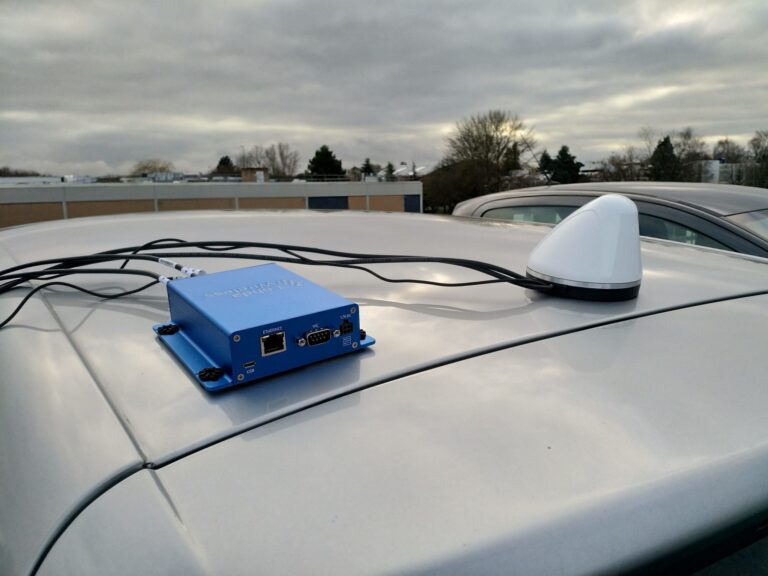Researchers at Warwick Manufacturing Group (WMG) – part of the University of Warwick in the UK – have conducted tests to analyse the cybersecurity of CAVs.
WMG evaluated four innovations as part of its Lloyd’s Register Foundation-funded Internet of Things (IoT)-enabled Transport and Mobility Demonstrator project.
The innovations were tested on the campuses of the University of Warwick and the University of Surrey, as well as Millbrook Proving Ground for real-world conditions.
The four tested technologies included group signatures, authentication prioritisation, decentralised public key infrastructure (PKI) and decentralised PKI with pseudonyms.
Group signatures is a secure form of communications for AVs. Instead of using an individual digital signature, a digital group signature can be shared between a platoon.
Authentication prioritisation lowers the risk of dangerous incorrect messaging by prioritising the verification of messages that are sent to the vehicle.
Rather than storing public keys of the vehicle in the Cloud, decentralised PKI leverages edge computing.
Decentralised PKI with pseudonyms also uses edge computing technology. This innovation intermittently assigns new identities to CAVs on the road to decrease identity tracking instances.
Carsten Maple, WMG project lead, said: “The cybersecurity of CAVs is key to making sure that when the vehicles are on the roads, the data is trustworthy and that vehicle communications do not compromise privacy.
“We tested four innovations developed in the PETRAS Project, and being able to apply them to the real world is the first major step in testing the security of CAV systems.
“The units being investigated to be used in cars and on the roadside were taken to parliament in February to demonstrate how they work. Now we can focus on further testing in the real world. Future work will include testing 5G systems with different types of attack.”





